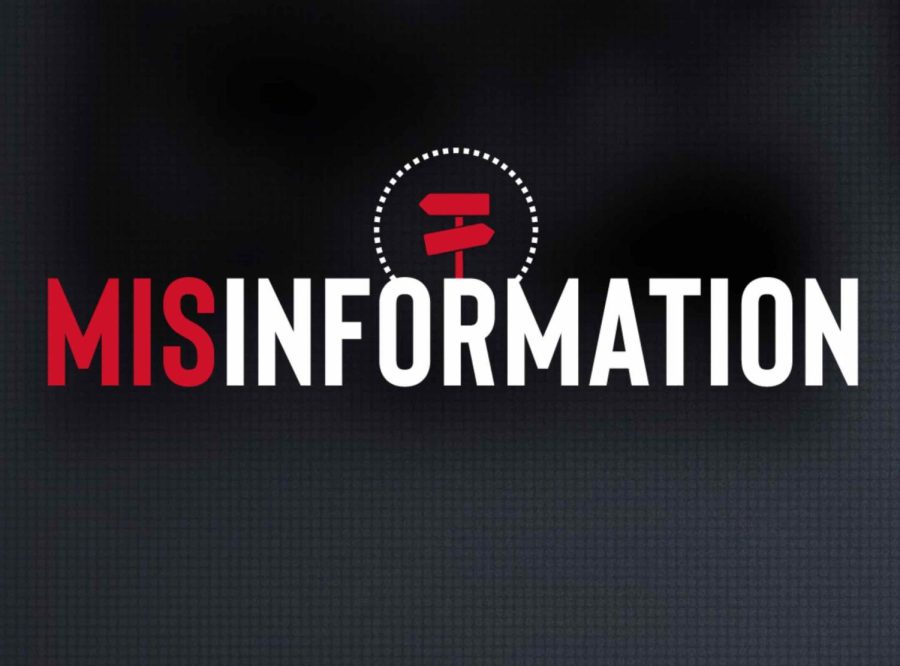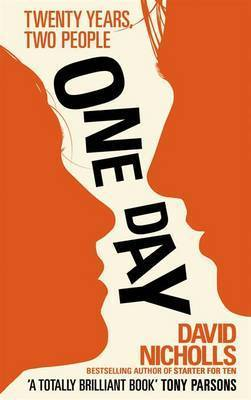Misinformation and Chauvinism – a Deadly Combination
Editor’s note: This article was first written September 29th, but delayed in publication. References to current events may not apply at the time of reading.
LAST WEEK, President Xi Jinping of the People’s Republic of China was apprehended by military guards, stripped of his powers, and put under house arrest. At least, that’s the popular narrative right now on the internet. In fact, President Xi appeared free and unharmed in public just this September 27, and was never put under such conditions. The source of the wild allegations? An untrustworthy Indian tabloid amplified fringe gossip, whereupon it spread seemingly to all corners of the internet spontaneously – aided by everyday social media apps like Twitter.
While many see the media as an unbiased lens into our world’s affairs, the reality is that not all sources are created equal. There are more reputable sources than others, and the inherent biases within ourselves will inevitably be expressed in some form. Facts may be objectively correct, but their context, portrayal, and framing cannot be. Bias can vary, but can never be eliminated altogether. A plague infecting many articles regarding foreign nations in particular are the scourges of Nationalism and National Pride, wherein one nation disparages another in order to seem more superior. This defamation can be either loosely supported by the facts, twisted for a narrative, or be filled with baseless accusations and sensationalized stories – such as that of Xi’s house arrest. The point of the lies? To muddy the waters, fill people’s heads with incorrect information, and position the enemy simultaneously as a weak and confused power, yet also a scourge of the earth’s heroes and a threat to all that is good and just – doublespeak, as readers familiar with Orwell’s Oceania will recall.
This rule isn’t exclusive to China either. South Korean tabloids have consistently reported the Supreme Leader of North Korea, Kim Jong-Un, and other members of his government to be dead – a sensationalist story widely circulated by reputable western media outlets during a prolonged absence from the public eye in 2020. Kim Jong Un has since reappeared countless times in the public eye, and generals that have been reported executed by anti-aircraft gun have since reappeared seemingly by miracle.
Such absurd stories (for instance, the lie that all North Koreans must get Kim’s haircut) may seem like harmless whimsy to the average reader. However, it should not be taken lightly – not only does this misinformation warp people’s perceptions of these societies and fill people’s minds with untrue information, it also takes away attention and resources from legitimate concerns and reporting about real issues. This reporting that could have an actual and tangible effect on the population is scrapped and delegitimized in the wake of the absurd and sometimes dehumanizing. It hurts the reputability of the media, and people can stop taking the news or humanitarian efforts seriously if enough outlandish sensationalism takes the place of serious reporting. Additionally, and perhaps most seriously to the domestic population, the animosity generated by these hateful articles that paint various peoples around the world as monoliths of Islamic zealotry or communist conformism serves to feed both geopolitical tension and xenophobia, prejudice, and racism amongst the general public.
For instance, during the COVID-19 Pandemic, the continuous correlation of certain ethnic groups with the global disease, exacerbated by slogans such as “Kung Flu” and the “Chinese Virus,” led to increased racially motivated attacks and assaults upon Asian Americans – in some cases, as NBC reports, a staggering 339% in just a year.
Even if it is later thoroughly debunked, fake news and disinformation can tunnel its way through the heads of the naive, and insert seriously flawed justification and rationale for negative behavior, ranging from the tragic to the downright disgusting. Whether or not harm reduction is initiated, most of the damage has already been done, contributing to an atmosphere of paranoia, superstition, and prejudice. All misinformation can do is drag our society down to a more imperfect, chaotic, and confused state of affairs. With just a pinch of chauvinism and a dash of prejudice; we have already begun cooking up the perfect storm for misery.



















